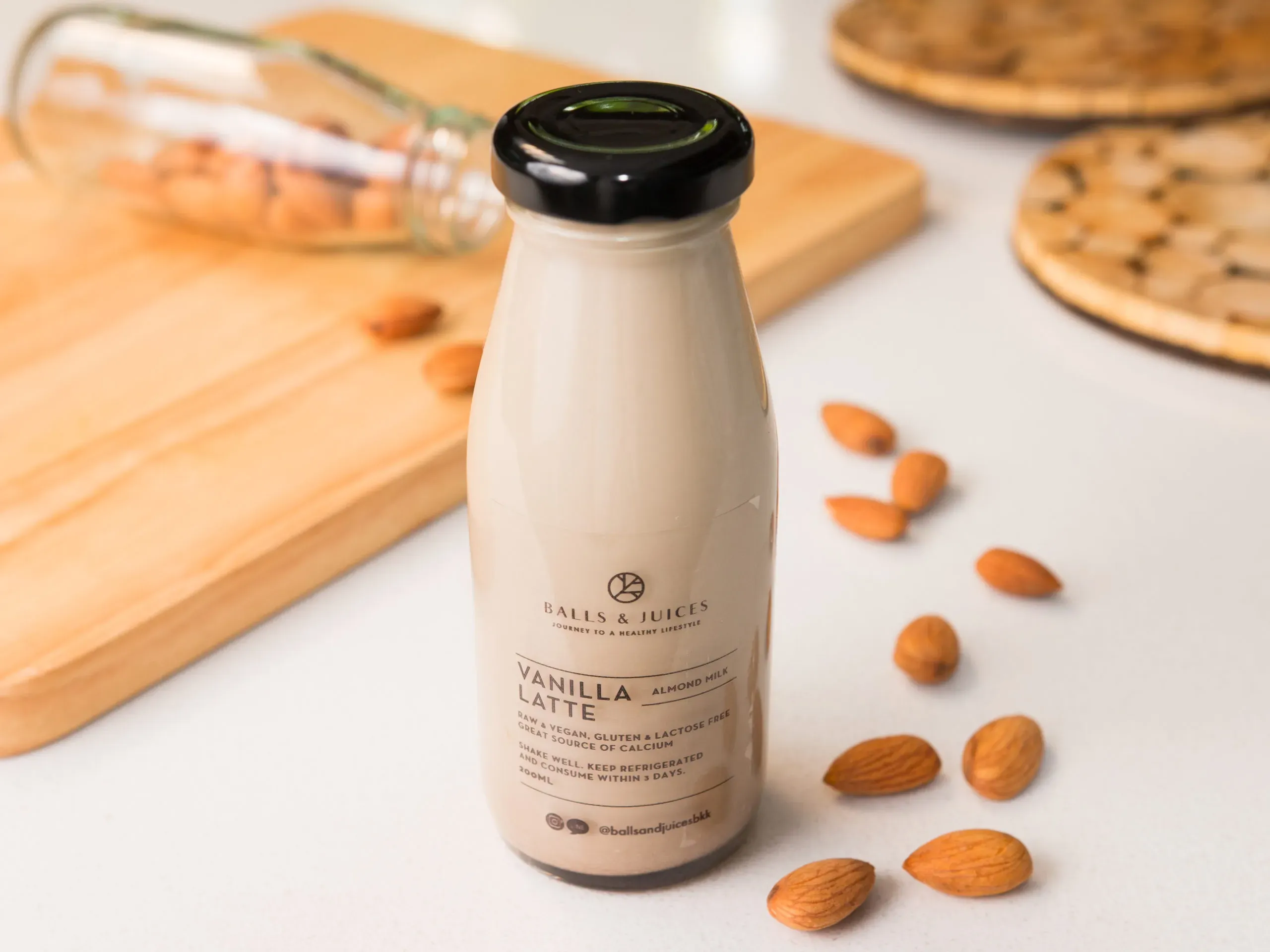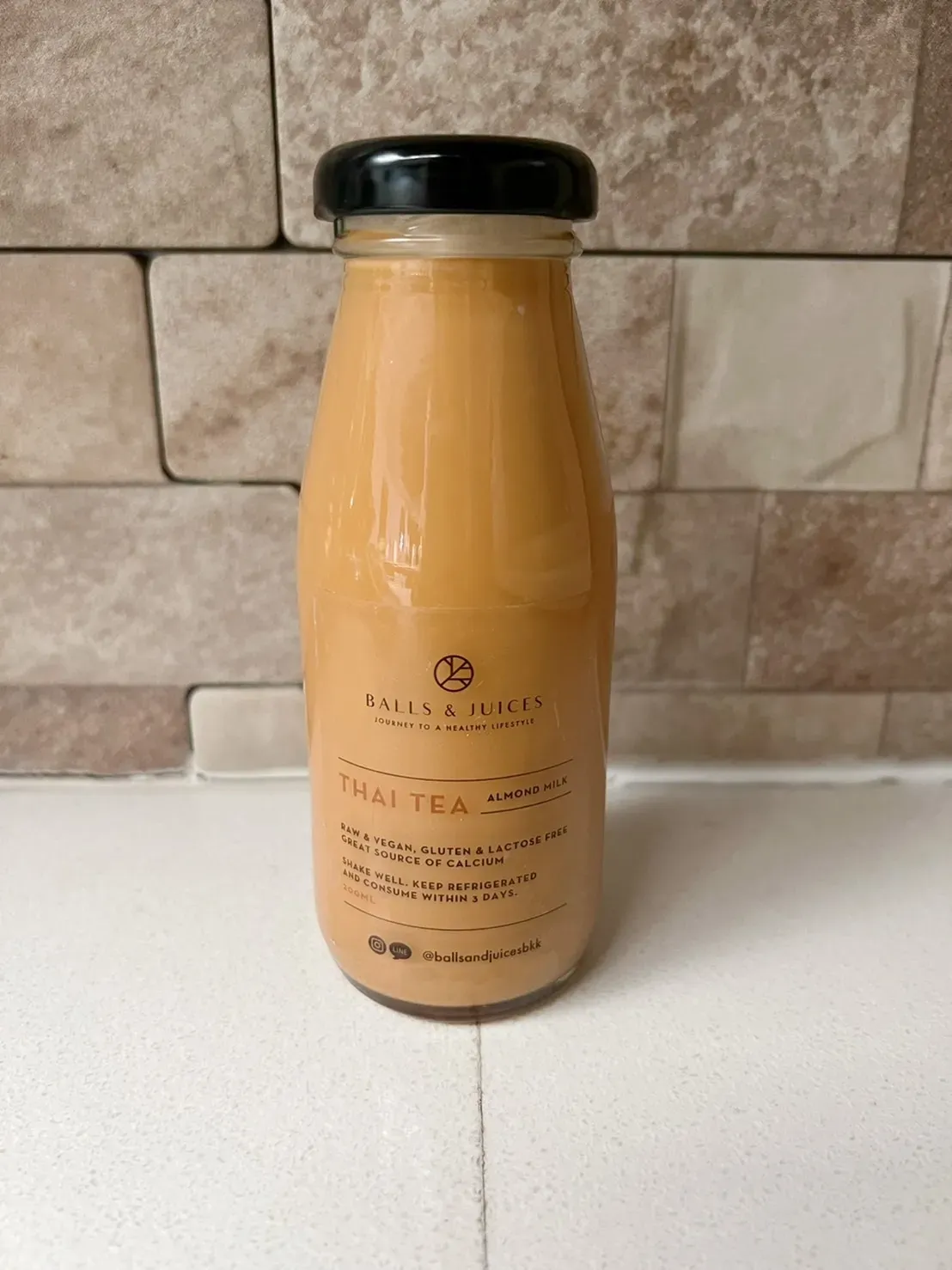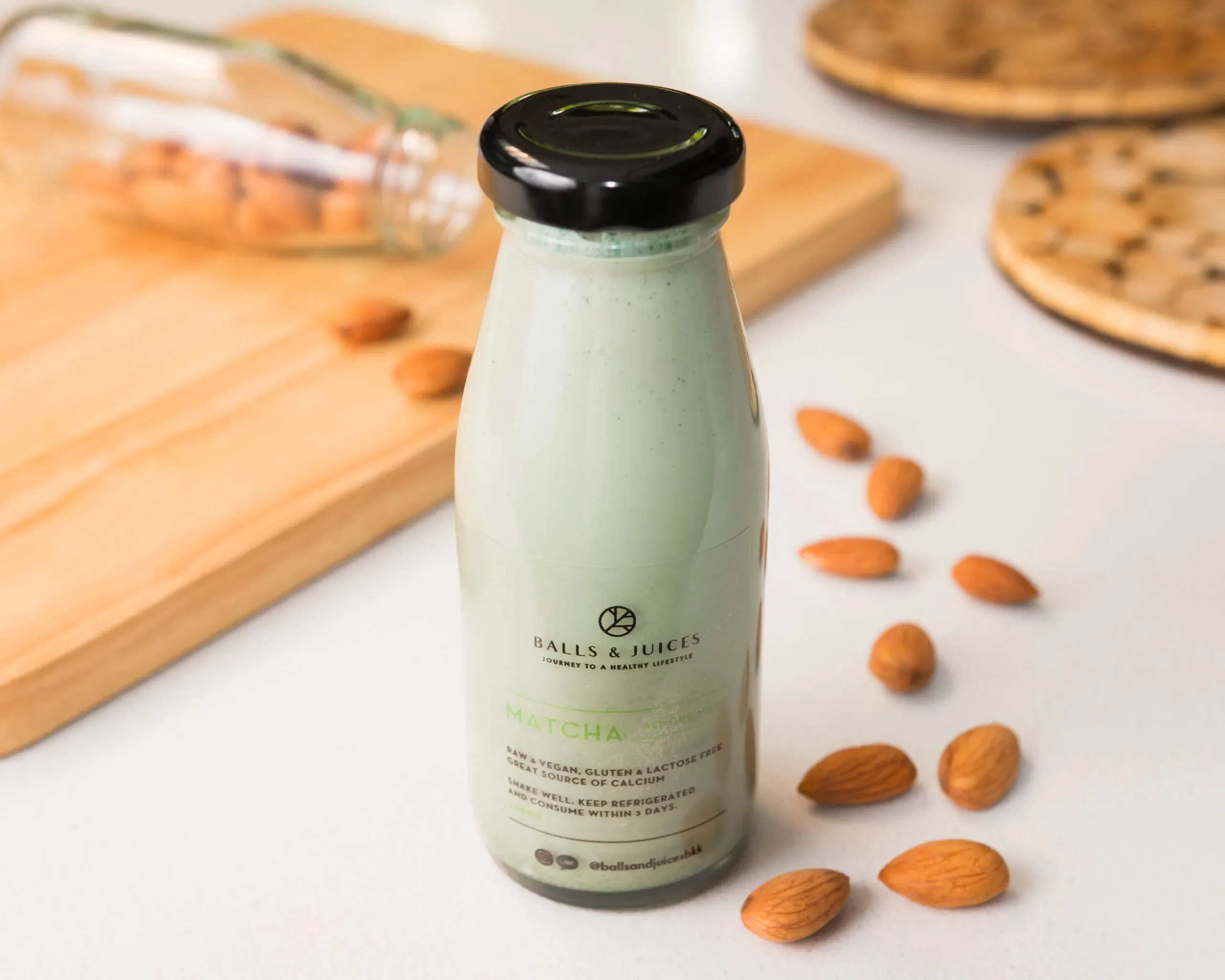Is Almond Milk Right for You? Understanding Its Production, Benefits, and Safety for Young Children

Almond milk has become a popular dairy-free alternative, but is it the right choice for you and your family? At HappyLyfe, we're examining everything you need to know—from its production process to its benefits for lactose intolerance, weight management, and safety considerations for young children.
What Is Almond Milk and How Is It Made?
Almond milk is a plant-based milk alternative created from ground almonds and water. It differs from dairy milk by being naturally lactose-free, vegan-friendly, and lower in calories.
Production Process:
- Soaking - Raw almonds are soaked in water for several hours to soften them.
- Blending - The soaked almonds are mixed with fresh water (typically in a 1:4 almond-to-water ratio).
- Straining - The mixture is filtered through a fine mesh or nut milk bag to remove solid particles.
- Fortification - Many commercial varieties add nutrients like calcium, vitamin D, and vitamin E
- Pasteurization - Store-bought versions undergo pasteurization to extend shelf life.
Homemade almond milk lasts 3-5 days refrigerated, while commercially produced versions can last several months unopened.

Thai Tea Almond Milk
Is Almond Milk Good for Lactose Intolerance?
Almond milk serves as an excellent alternative for individuals with:
- Lactose intolerance (inability to digest dairy sugars)
- Milk protein allergies
- Vegan dietary preferences
Nutritionally, unsweetened almond milk contains only about 1 gram of protein per cup compared to dairy milk's 8 grams. Those using it as a dairy substitute should ensure adequate protein intake from other sources.
Also Read: Organic Vegetables : Your Daily Health Boost
Can Almond Milk Support Weight Loss Efforts?
Almond milk may benefit weight management due to:
- Reduced calorie content (30-50 calories per cup versus 150 in whole milk)
- Minimal natural sugars in unsweetened varieties
- Absence of saturated fats
Note that flavored or sweetened versions often contain added sugars that may counteract these advantages. Always verify nutritional labels when purchasing.
Safety Considerations for Babies and Toddlers
Infants (Under 12 Months): Not Recommended
- Lacks essential nutrients required for infant development
- Insufficient protein and fat content
- Should not replace breast milk or formula
Toddlers (1+ Years): Limited Use Acceptable
- Can supplement but not replace whole milk in the diet
- Must select fortified versions with calcium and vitamin D
- Sweetened varieties should be avoided
Pediatricians typically recommend whole cow's milk or fortified soy milk as primary options for toddlers due to their superior nutritional profiles.

Matcha Almond Milk
Also Read: Cannabinoids for Chronic Pain: A Study
Conclusion: Is Almond Milk a Good Choice?
Almond milk represents a viable option for:
- Those avoiding dairy due to intolerance or preference
- Individuals monitoring calorie intake
- Adults supplementing a balanced diet
HappyLyfe Recommendations:
- Select unsweetened, fortified varieties
- Combine with protein-rich foods when replacing dairy
- Consult pediatric professionals before introducing to young children
Frequently Asked Questions
1. How does almond milk compare nutritionally to cow's milk?
While lower in calories and sugar, it contains significantly less protein unless fortified.
2. Can almond milk cause digestive issues?
Generally well-tolerated, though some individuals may react to additives like carrageenan.
3. Is almond milk suitable for cooking and baking?
Yes, though its thinner consistency may require recipe adjustments.
4. What are the environmental impacts of almond milk production?
Almond cultivation requires substantial water resources but generates fewer greenhouse gases than dairy farming.
5. How long does opened almond milk remain fresh?
Typically, 7-10 days when refrigerated, similar to dairy milk.

 English
English
 Thai
Thai